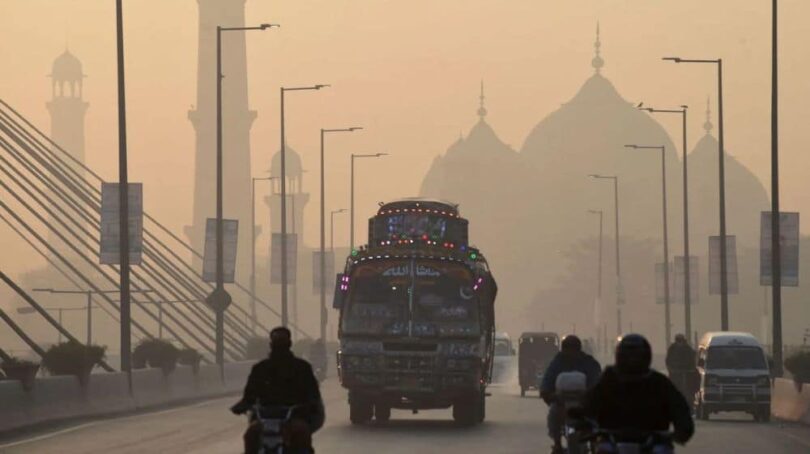Recently, the Federal Cabinet has approved the National Clean Air Policy to effectively combat the challenges to environmental and industrial pollution in the country. According to the details, the Ministry of Climate Change prepared an extensive plan covering a wide number of subjects, including the safety of public health, steps to reduce the death rate, promotion of agriculture, reduction in air pollution, and improvement in the quality of air in urban and rural areas.
Pakistan a resource-deficient agricultural nation faces serious challenges relating to industrial and environmental pollution aggravated by the disastrous effects of climate change in recent years. Pakistan witnessed 173 major climate-related events including superfoods, forest fires, heatwaves, earthquakes, and Tisumanies over the past 20 years that caused thousands of causalities, and billions of rupees in financial losses due to livestock slumps, infrastructure, and crops’ destruction. Meanwhile, increasing environmental and industrial pollution, smogs, water shortages, soil erosion and desertification, prolonged heatwaves, and the sharp meltdown of glaciers caused enormous challenges for the government.
Historically, unethical living habits, encroachment, brutal deforestation, no implementation of industrial laws/regulations, and poor governance further added to environmental pollution and caused serious health issues in the country. Over the decades, environmental pollution and poisonous smog have become an existential threat to the nation while Pakistan’s major cities including Lahore, Karachi, and Peshawar had been identified as the most polluted population centers in the world. According to a world bank report, Pakistan’s economy suffered huge financial losses on annual basis because of air pollution, while the average life of people was reduced by 2.7 years in the South Asian nation.
There had been little acknowledgment of the problem, among the masses, lax anti-pollution regimes and cosmetical legislation played a regretful role in making up for the climatic disaster. The recurrent buildup of smog in major cities and recent climate-induced superfoods had sensitized the Pakistani government and the masses about the dangerous effects of those events. Recently, the Ministry of Climate Change has prepared an extensive policy covering a number of subjects, including public health, mortality rate, promotion of agriculture, reduction in air pollution, and improvement in the quality of air in urban and rural areas. The government has also suggested multiple measures to control industrial emissions, modernize agriculture, effectively stop the burning of crop waste, adopt international standards for waste management, and use low-emission gases for heating and Kitchen purposes. The government aims at decreasing the emission of poisonous gases by 40 percent in the next 10 years.
Historically, Pakistani leaders had always gone behind ambitious and imaginative goals throughout the past, but mostly those outlandish ideas remained unrealized because of a lack of interest in bureaucracy and no backing from political leadership. In fact, a national agenda merits a consistent public-private partnership, political resilience, and all-time support from the top leadership until the achievement of the task, which had been the sole reason for the non-accomplishment of various national endeavors including multiple five years national development plans, National Action Plan (NAP) against Terrorism, Tree plantation campaigns, rehabilitation of IDPs and flood victims, etc. in the past. Therefore, the government must articulate SOPs for government departments, private businesses, households, and individuals backed by a public awareness campaign to ensure maximum public participation to achieve optimum results. Otherwise, numerous policy documents have become mere decoration pieces or library archives without execution.







